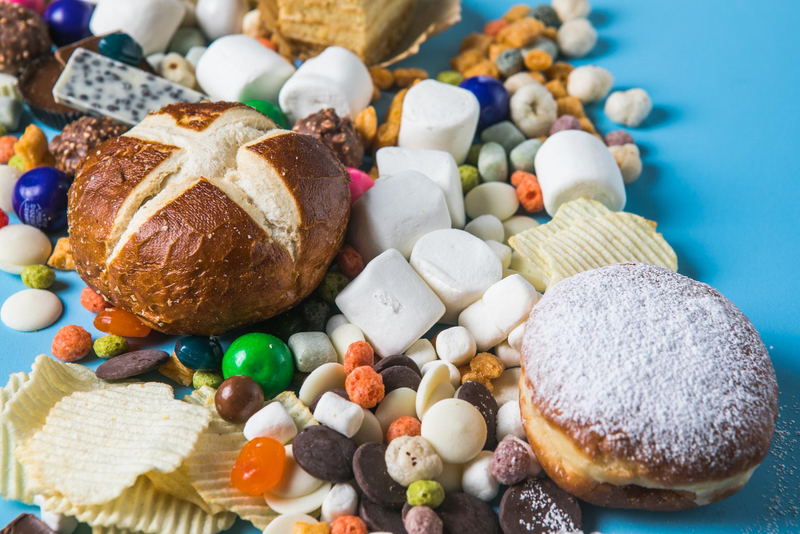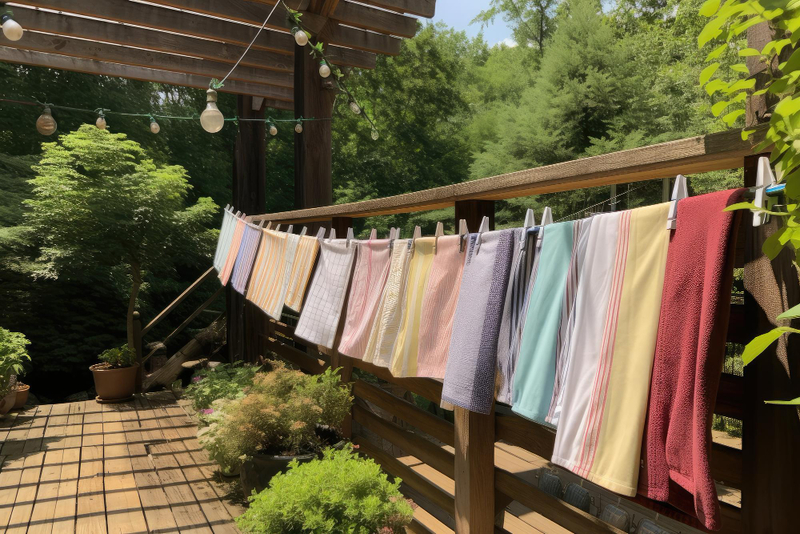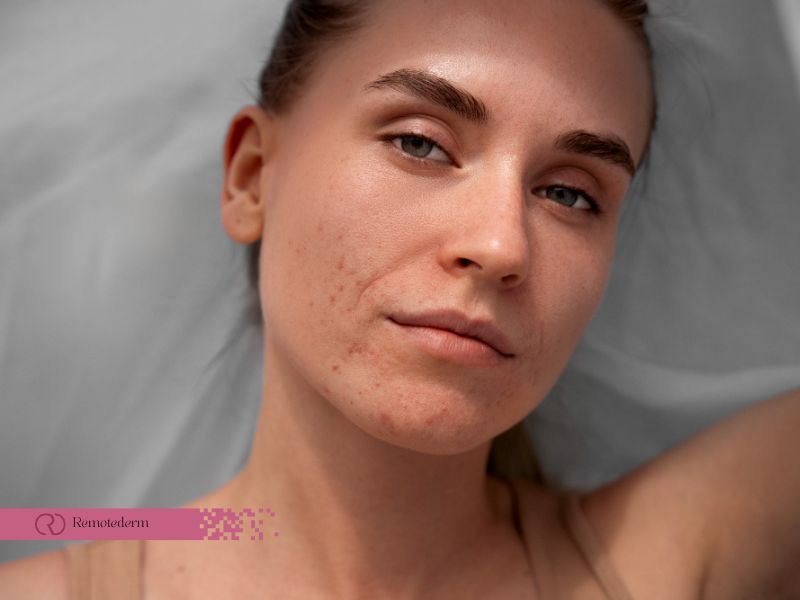Acne prone skin is a common concern for people of all ages, especially in Canada where varying climates can affect your skin health. Whether you’re dealing with cystic acne, whiteheads, or blackheads, knowing how to identify and care for acne prone skin is key. In this guide, we’ll break down what acne prone skin looks like, its causes, and how to manage it with the right skincare routine and treatments, including prescription options.
What Is Acne Prone Skin?
Acne prone skin is simply skin that is more likely to develop acne, whether it’s blackheads, whiteheads, or more severe forms like cystic acne.
What Does Acne-Prone Skin Look Like?
Here’s what to watch out for:
- Frequent breakouts, especially on the face, chest, or back.
- Oily or shiny skin due to excess sebum production.
- Enlarged pores that can trap dirt and oil.
- Red, inflamed bumps or deep cysts that can be painful.
People with acne prone skin often see breakouts triggered by factors like hormones, stress, or poor skin care habits.
Common Causes of Acne in Canada
Acne in Canada can be caused by different factors from the environment to genetic predisposition. Here’s the checklist you need to go through:
1. Climate Fluctuations
In Canada, weather can severely affect your skin. The cold winters strip the skin of moisture while the hot and humid summers can make the pores get blocked. In either of the cases, the acne becomes worse.
2. Hormonal Changes
Hormonal imbalances, common during puberty, pregnancy, or menopause, can increase oil production, causing acne.
3. Diet and Lifestyle
High-sugar or processed foods can spike insulin levels, causing inflammation that triggers breakouts. Stress adds to the problem by increasing cortisol, which stimulates oil production. Skipping proper cleansing further worsens acne by leaving makeup and oil trapped on your skin.

4. Genetic Predisposition
If your parents dealt with acne prone skin, you might too. Genetics play a big role in how your skin behaves.
Managing Acne Prone Skin with the Right Skincare
If your skin is always acting up, don’t worry—getting into a solid routine can make a big difference. Stick with these simple steps to keep breakouts in check and your skin happy.
Step 1: Cleanse Gently
Opt for a mild, non-comedogenic cleanser to remove dirt and oil without stripping your skin. Harsh cleansers can irritate acne-prone skin, making things worse.
Step 2: Exfoliate Carefully
Use a chemical exfoliant like salicylic acid or glycolic acid 2-3 times a week to unclog pores and reduce blackheads. Avoid abrasive scrubs that can irritate the skin.
Step 3: Hydrate and Moisturize
Yes, even oily skin needs hydration! Choose an oil-free, non-comedogenic moisturizer to keep your skin balanced.
Step 4: Spot Treatments
Benzoyl peroxide works well for treating whiteheads and blackheads, while sulfur or tea tree oil can help reduce inflammation in problem areas. For more severe cases like cystic acne, consulting a dermatologist for a prescription treatment is essential.
Step 5: Sun Protection
Acne prone skin is sensitive to UV rays. A lightweight, non-greasy sunscreen is essential, even on cloudy days in Canada.

When to Seek Help for Acne?
Sometimes, over-the-counter products aren’t enough. If you’re dealing with:
- Persistent or severe cystic acne.
- Acne scarring that doesn’t fade.
- Emotional distress due to breakouts.
It’s time to see a dermatologist. They can prescribe treatments like retinoids, antibiotics, or even isotretinoin for severe cases.
How Acne Prescription Treatments Work
Acne prescription options target acne at its root:
- Topical Retinoids: Help unclog pores and reduce inflammation.
- Oral Antibiotics: Fight bacteria that worsen acne.
- Isotretinoin (Accutane): For severe cases like cystic acne, this medication reduces oil production and inflammation.
Natural Remedies That Can Help
If you’d like to go a more natural route, the following are good ways to get started:
- Tea Tree Oil: Because of its antibacterial capability, it can be helpful to minimize redness and swelling.
- Aloe Vera: Cools and revitalizes the skin, reducing inflammation.
- Green Tea Extract: With a large amount of antioxidants, it is very likely that it would be effective for relief of the discomfort which results from acne.
It is always important to perform a patch test before testing out new products to prevent redness.
Preventing Breakouts
While you can’t always avoid acne, these habits can help reduce flare-ups:
- Wash pillowcases regularly: Dirt and oil can transfer to your skin.
- Avoid touching your face: This spreads bacteria and oil.
- Choose makeup wisely: Stick to non-comedogenic products.

Final Thoughts
Acne prone skin can be tough to deal with, but understanding the triggers and sticking to a consistent skincare routine makes a big difference. Whether you’re in the snowy winters or humid summers of Canada, caring for your skin with the right products and lifestyle choices is key. For more severe cases, seeking professional advice can lead to lasting results. For expert guidance, visit RemoteDerm, where Canadian dermatologists can provide personalized acne care, including prescriptions for cystic acne.
FAQs
Can stress cause acne prone skin to flare up?
Yes, stress increases cortisol levels, which can stimulate oil production and lead to breakouts.
Are there specific foods that trigger acne?
High-sugar and processed foods can spike inflammation, worsening acne for many people. Try to eat a balanced diet.
Can acne-prone skin benefit from facial treatments?
Gentle treatments like chemical peels or LED therapy can help, but avoid harsh procedures that may irritate sensitive skin.
How does acne differ between teens and adults?
Teen acne is often hormonal and focused on the T-zone, while adult acne typically appears on the lower face and jawline.
